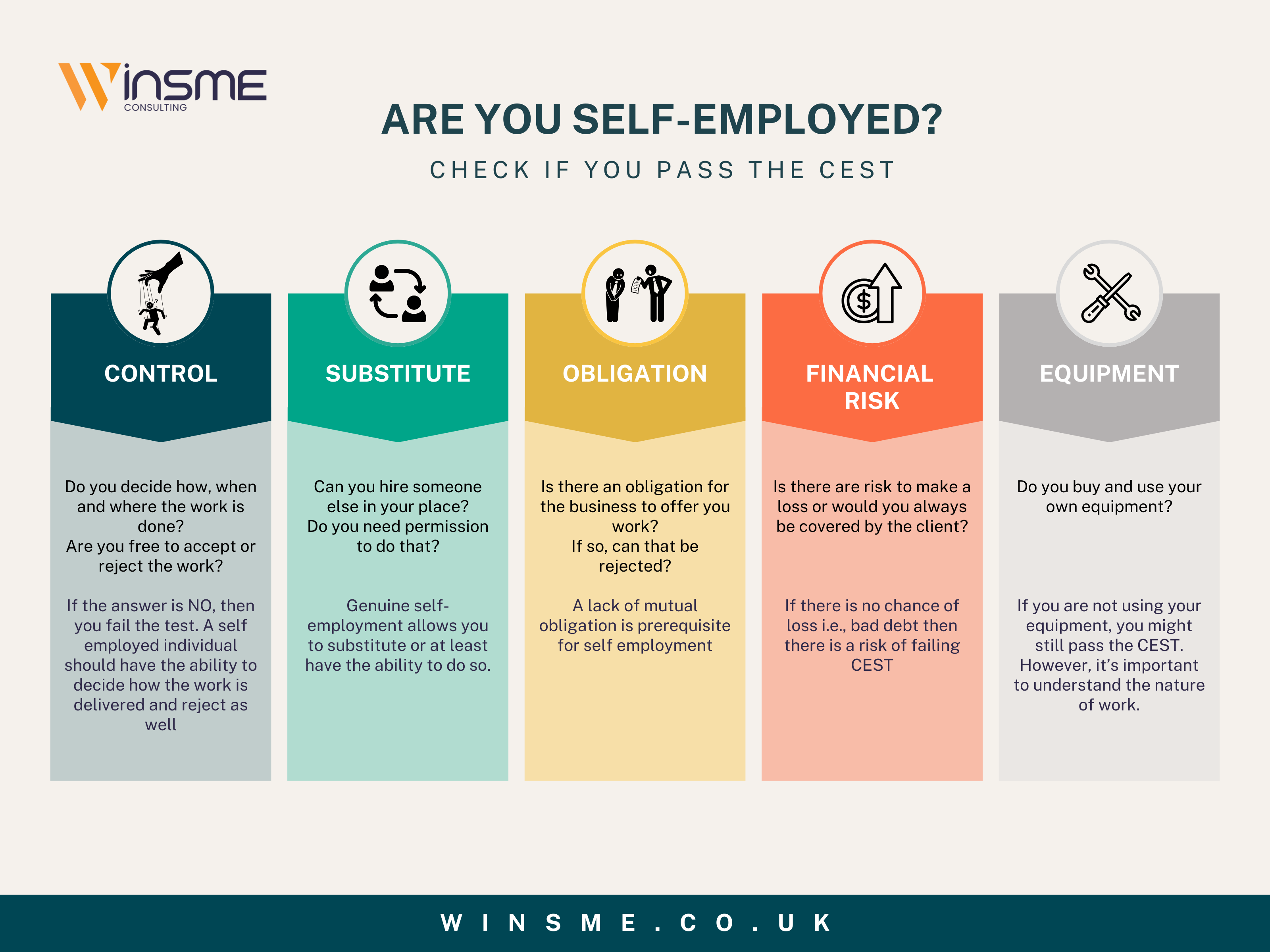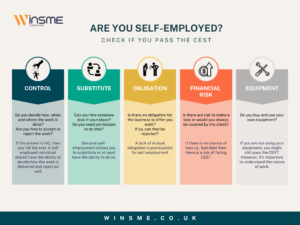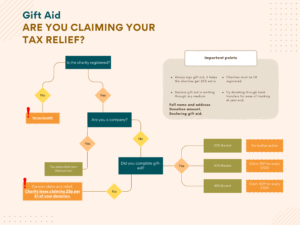HMRC uses a set of criteria to determine whether an individual is genuinely self-employed. These include:
- Control: Do you decide how, when, and where you work?
- Substitution: Can you send someone else to do the work?
- Financial Risk: Do you bear the risk of making a loss?
- Provision of Equipment: Do you supply your own tools or materials?
- Opportunity for Profit: Can you increase your earnings through efficiency or business decisions?
- Mutuality of Obligation: Is there an expectation that work will be offered and accepted on a continuous basis?#
Risk as an employee
If you fail the test.
- There will be significant fines for the unpaid income tax and NICs.
- This can be backdated up to 6 years.
- Interest on unpaid tax and NICs
- If deliberate or negligent, then there could be fines of up to 100% of the unpaid tax.
- Unable to claim any business expenses. All of those will be added back as income and taxes at either 20%,40% or 45% plus NI.
Risk as an employer
Failing the test is equally problematic for the employer.
- Fines for underpaying the employer’s NIC. 15% from April 2025.
- Fine for underpaying the employer pension contribution.
- Interest and fine for negligence.
Both the employer and the self-employed individual need to assess their situation. If in doubt, speak to your accountant.









